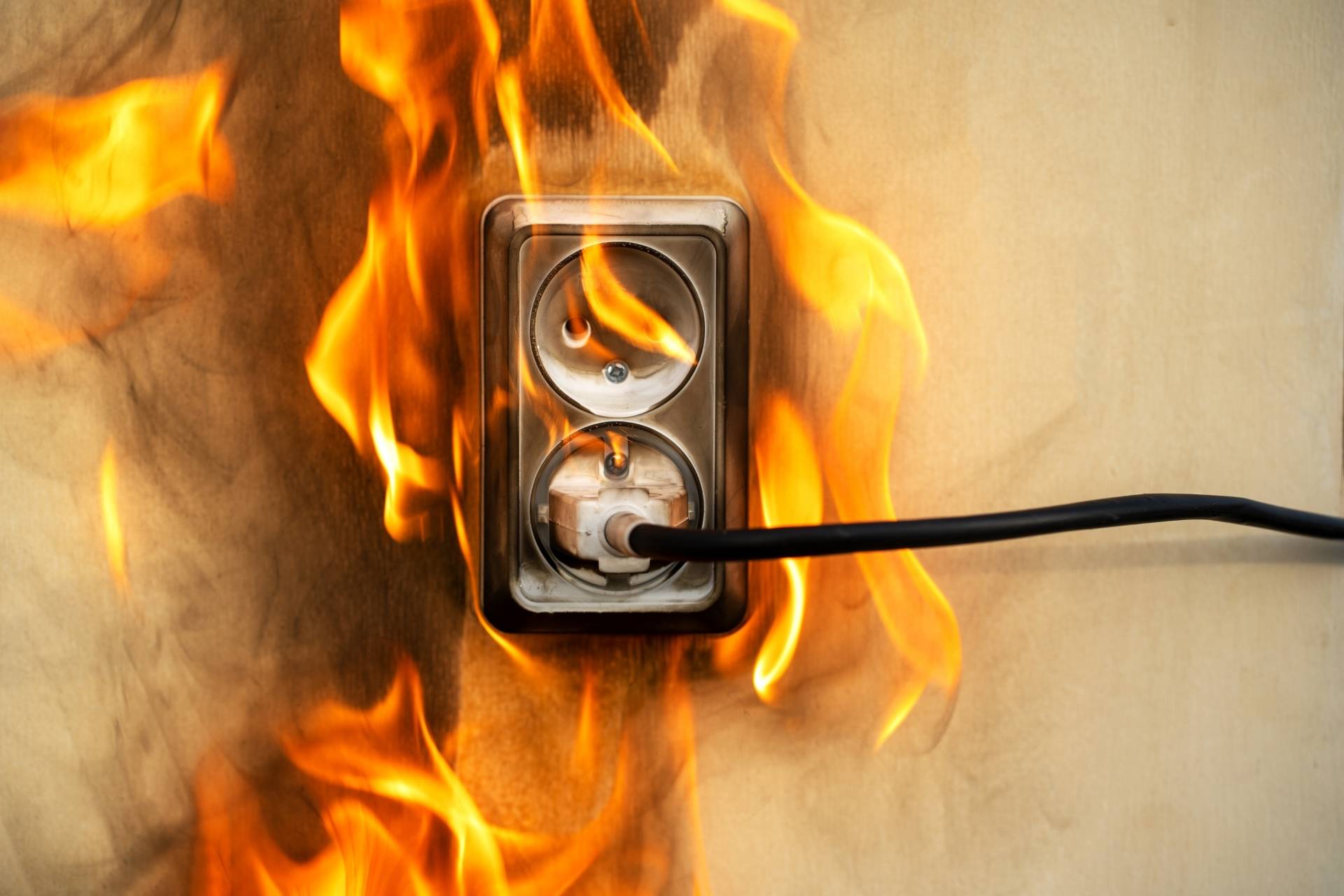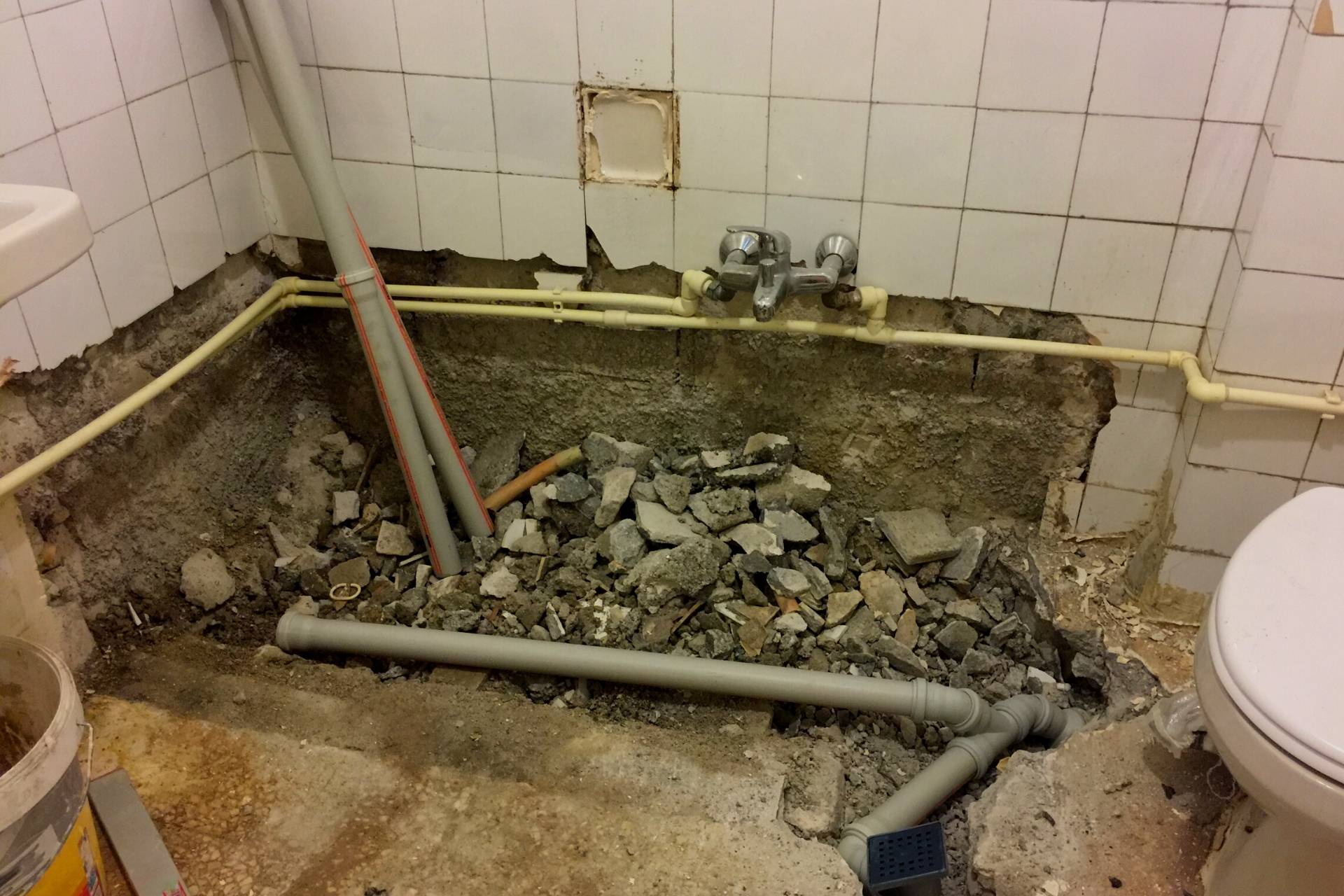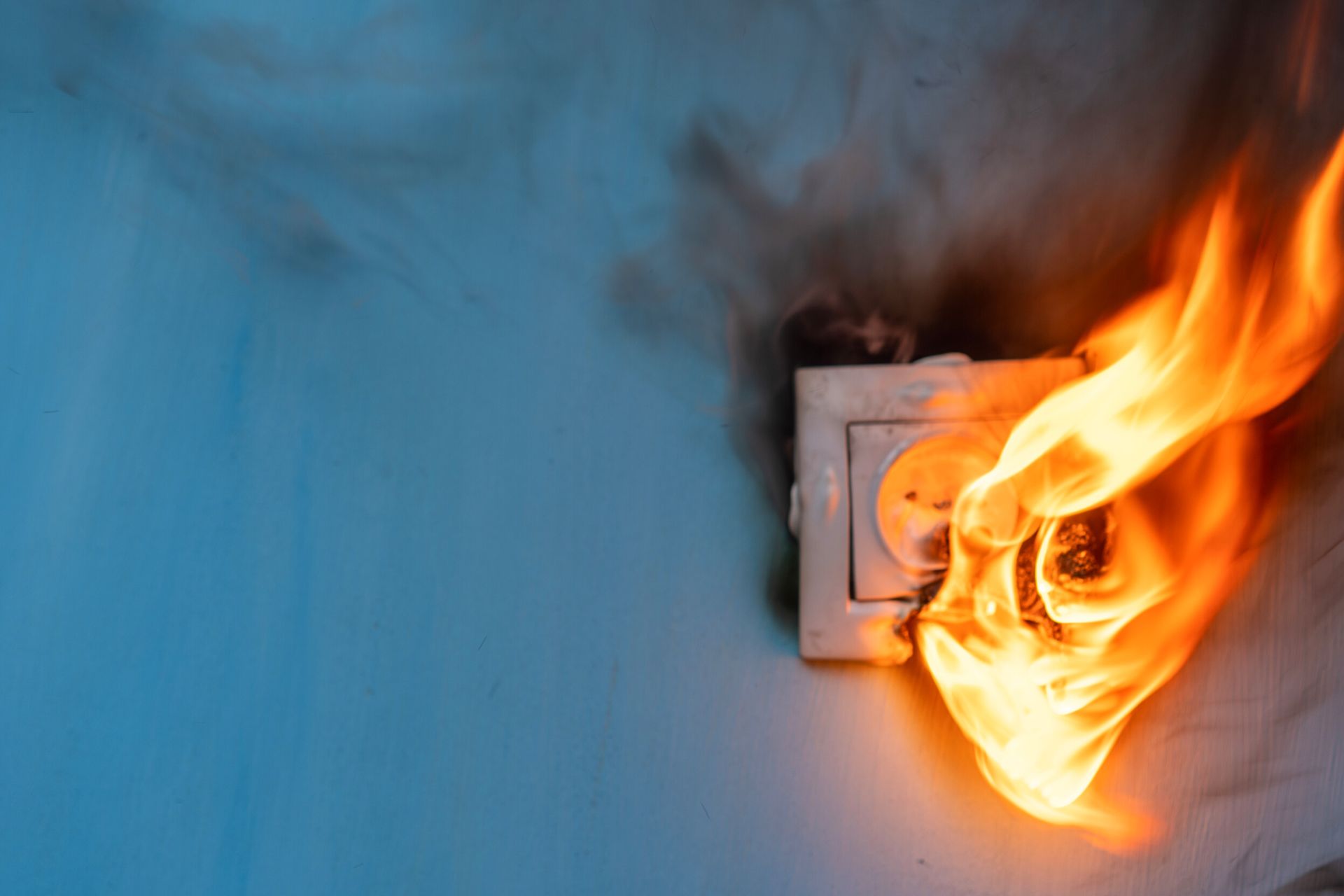If you are planning to buy real estate in Georgia, you’ll want to be sure that what you are buying meets both quality and safety standards so you can rest assured you are not investing your money in a poorly finished, or actually unsafe, property.
When buying property in the EU and the USA, you often know what you get, as the build construction is standardized and there are guidelines to be followed. In Georgia many companies advertise as if they construct based on German, Italian, Spanish, English, French, etc. standards. However, the reality is often very different. Therefore, most of the time, you do not know what you are buying and how different it is from foreign standards.
When it comes to older properties, rather than buying new from a developer, then there are even more concerns, especially with older buildings where repairs and maintenance may not have occurred.
Below you will find our list of 10 most common problems with real estate construction in Georgia which our expert property inspections uncover frequently, but first let’s start with the biggest difference between international and Georgian construction reality.
Frame Classifications: Black/White/Green/Finished
If you have searched for a property in Georgia, you have probably noticed that development companies offer black, white, and green frames and occasionally, finished apartments. There is no exact understanding or definition for these frame classifications – they vary from developer to developer.
If you are buying an old apartment that is already fully finished, the classifications will not be relevant as such, but depending on the age of the apartment you will likely still find some of the errors that may have been made during construction will still exist, so being aware of what some of those errors are would be useful. And, of course, older buildings will have a selection of other problems to look out for.
When considering a black frame, it usually includes just external walls, windows and doors, communications and energy lines brought to the apartment door.
White frame sometimes includes heating pipes, in other cases it does not. Green frame can mean anything from just white frame+heating pipes, to a mostly finished apartment with even some built in furniture, like kitchen benches.
To be sure what the company is offering, you should always go through the details with the construction company to avoid future misunderstandings. If we take the situation with real estate in the EU as an example, then, in the EU, the construction companies are obliged to abide to certain harmonized rules and regulations regarding construction to fix problems that might be found in the building or the apartment after construction or sale. In Georgia, as most buyers renovate apartments on their own, the construction companies less frequently offer any similar services, and are not required to by law.
There are three different types of in-progress apartments that you’ll come across while apartment-hunting (black frame, white frame and green frame) and it’s important to know the differences between them to make the decision process easier and more comfortable.
BLACK FRAME
- Metal entrance door
- PVC windows and balcony doors
- Concrete walls on the perimeter
- Communication (electricity, water) brought to the apartment door.
WHITE FRAME
- Metal entrance door
- PVC windows and balcony doors
- Internal walls (plastered with clay and gypsum mixture)
- Stretched floors (covered with screed)
- Main vertical water and sewerage system installed
- Gas brought to the gas boiler and kitchen area
- Electrical wires (sometimes only the main cable bought in the apartment, sometimes it is also divided to all the rooms).
- In some cases heating pipes are also installed
GREEN FRAME
As green frame is used by companies primarily as an advertising termt, it has no exact meaning and might be complicated to understand what they’re insinuating by that term. Sometimes it can be white frame with small additions, other times it can mean a fully renovated apartment with non-removable furnishing like bathroom and kitchen.
It’s best to ask the developer/owner what is included in their white or green frame and analyze the purchase or pre-purchase agreement thoroughly.
The Top 10 Issues With Apartments in Georgia
The agent or seller may tell you everything at the apartment has been finished to a great standard. But as there are few regulations that define a “great standard” this term means very little and is entirely subjective. A casual walk around at an apartment viewing may reveal a few cosmetic issues but the more serious concerns may require a deeper inspection to be uncovered.
Our expert inspectors assess all of the below, and a lot more, to a thorough international standard. If you are planning to inspect the property yourself, make sure to look out for the 10 most common problems we have discovered during our inspections:
Electricity

Older buildings and even some newer buildings as well, use aluminum wiring which is more cost-effective, however it can be a potential fire hazard. Therefore, it is recommended to use copper wiring instead. Another thing you must consider is to have your sockets grounded and that all the wires and switches are distributed for each room separately, because if not, that could put a lot of pressure on the circuit and also be a fire hazard and/or damage your appliances. It should be noted that situations such as having multiple high energy appliances (air conditioners + Ovens + kettles/toasters) all on the same circuit, are relatively common and a cause for concern.
PVC windows and doors
You’ll often find that windows and doors are installed with poor workmanship and they’re often made with low quality materials. When made with poor quality materials, the windows do not isolate outside noise effectively, which is very bothersome as you don’t typically want to hear loud people, dogs and cars while you’re in your home. Another common issue is that while workers use cement, paint, and plaster during renovations and the building process, it often gets plastered all over the windows since they do not cover them up, which makes the removal process time-consuming and also leaves the glass with scratch marks.
Floors

There are many potential problems with floors. With white frame apartments, often the screed is placed before the water pipes and heating pipes are. This means that after buying the apartment the new owner needs to excavate the screed, install the pipes and then fill the places again. Another problem is that, most of the time the screed is not evenly installed which means that placing parquet or laminate on the uneven screed will cause the flooring to get damaged, squeak, and move. This issue is also often evident in finished apartments where poor quality flooring finish means you may have to eventually remove all the flooring, resurface, and replace. A costly business and something you’d want to be aware of in advance so you can factor that into your overall.
Walls
In case of white frames, the companies may offer plastered walls, however the electrical cable wiring is not installed in the walls, which means that to install the electrical cables, the wall will need to be chased. This means that an extra skim coat of plaster is needed to cover the holes, ensuring a smooth surface. Also, sometimes the plastering works are not done professionally, meaning the walls are not straight and the corners are not 90 degrees. With finished/older apartments wallpaper is often used to cover up a poor quality finish, when you remove the wallpaper you will find the walls have to be re-plastered to get them to a quality that can be painted rather than wallpapered.
Balcony
In many of the apartments we have inspected the metal railings on the balcony have marks of corrosion, caused by lack of proper painting of rail surfaces which then are exposed to humidity. Rust damage under the paint may not always be evident at a glance, and a rust railing can be a serious safety concern.
Water system and pipes
In new buildings, there is a problem with the installation of water pipes as well as sewer pipes which causes an unpleasant smell from traps and basins. Another issue is low water pressure, especially with taller buildings and higher floors, which is caused by insufficient amount of water pumps or low pumping power. If the water is not yet connected, it may be difficult to tell what water pressure can be expected unless you are able to assess the pump provisions yourself.
Gas
Due to a large amount of gas related incidents happening in Georgia, for safety reasons there is a requirement to install a gas boiler outside of the apartment, on the balcony. Plus there must always be a gas detector near the stove.
The reality unfortunately is that many old and some newer buildings have the gas boilers and pipe connections inside the apartment and not on the balcony. This can lead to carbon monoxide risk, and gas leak risk which could result in fires or explosions.
Heating
During the installation of the heating system, we should take into account that individual pipes should be connected to all points from the boiler to the radiators, which will help reduce the monthly bills and for the boiler to work without overloading.
A proper place (preferably covered up, like a closet of some sort) should be arranged for the boiler so that the weather or any outside elements do not cause damage to it.
External walls
External walls should be insulated to avoid dampness inside the apartment. In Georgia there are many newly built buildings where after renovation the walls get damp on the inside, and one of the reasons for that is the missing insulation on the external walls. Insulated walls also keep the utility bills low as it will provide warmth on its own, and keep away unwanted noise from the outside. If insulation is not correctly installed, then breaking down the wall, installing and rebuilding the wall would be needed.
Downpipes/drainage
Many buildings have improper and poorly installed downpipes and drainage systems which are not even connected to the sewer, causing the water to come directly to the ground of your home/property. Because of the uneven landscapes, the rain water tends to stay in lower areas. This will also cause the issue of mold and dampness which can start to grow and damage the foundations of the building over time.
These are Only 10 of the Most Common Problems
These 10 common problems are just a small part of our extensive property inspection services. Our experts will comb through every part of the property you plan to purchase, to make sure you can make an informed decision about the quality, safety and integrity of the property.
With our comprehensive reports (download an example report here) you can assess if the purchase is safe, or what additional renovations and work may be needed, so you can account for those in your overall budget.
You can see a learn more about what is included with our inspection services here.
